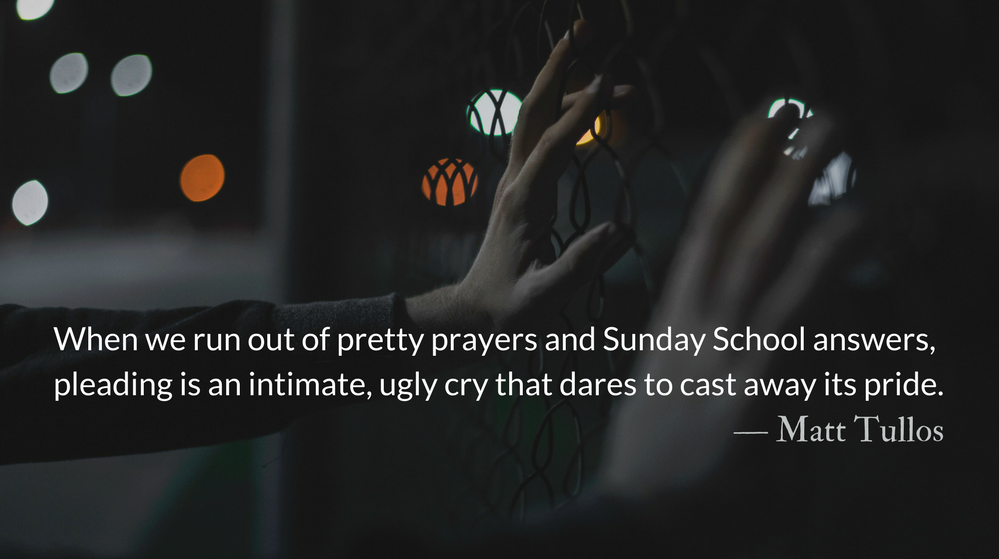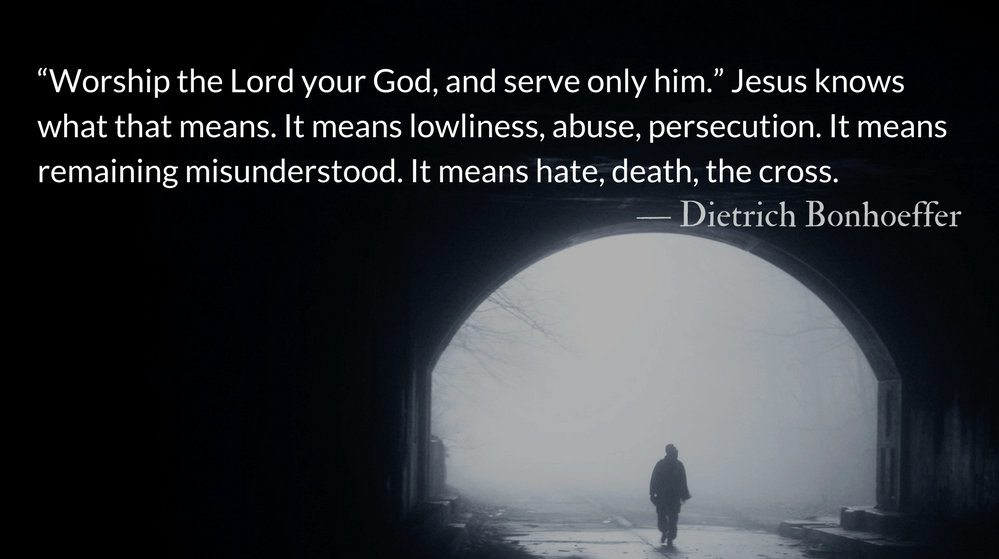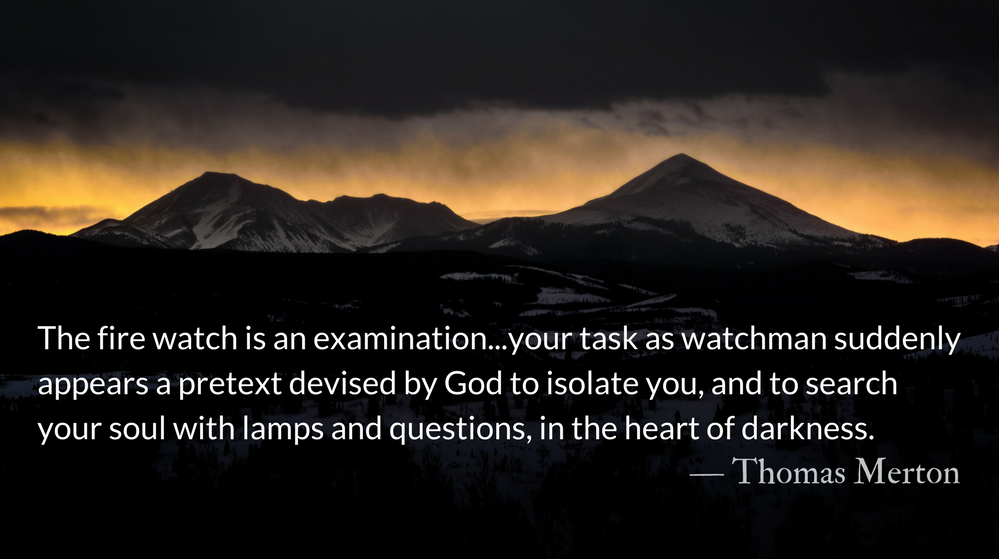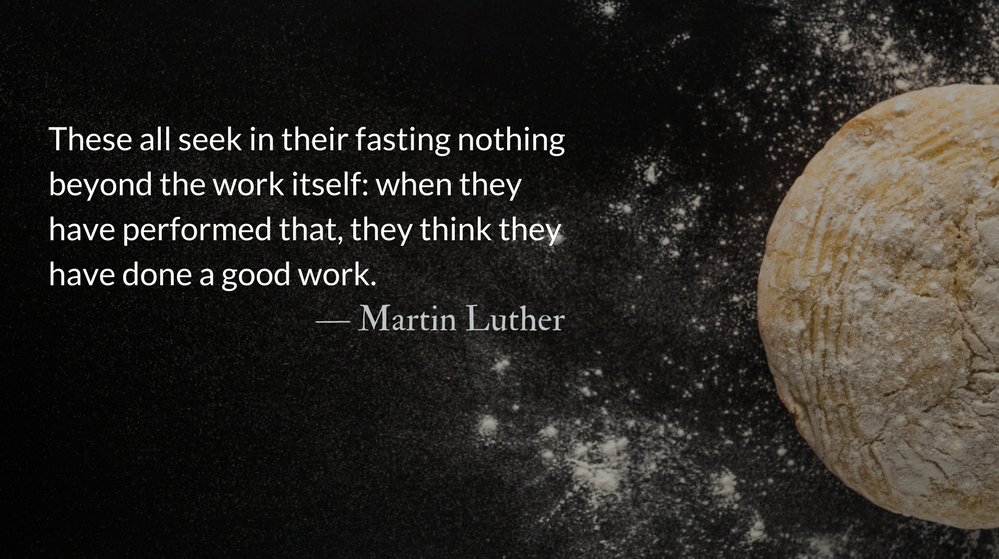Scripture: Luke 15.23
Bring the fattened calf and kill it. Let’s have a feast and celebrate.
Reflection: Fasting as a Feast
By John Tillman
While fasting is practically a Western spiritualized industry, and industry elites use it as a body-hack to eke out more labor and profit, feasting is viewed with shame. Our cultural concept of spirituality is bent toward asceticism so much that we have a hard time accepting anything resembling a “feast” as spiritual.
Christians have a conflicted relationship with feasting, though we seem fine with most other extravagances.
Celebrating with food is almost always discussed online and in social media as either something to be guilty about or something earned through hard work in the gym or previous fasting or cleansing. In the moralist, ascetic West, we don’t have feasts. We have “cheat days.”
Feasts are prescribed as spiritual practice right alongside descriptions of fasting in the scripture. When the Israelites left Egypt, God established a yearly liturgy of feasts and fasts—times of abstinence and times of indulgence. Feasts were times of celebration and teaching, and were intended as times of thankfulness and mindfulness toward the work of God.
Even the regular sacrifices in the Tabernacle and the Temple were times of feasting. Specific offerings for sin were burned up entirely, and some offerings could only be eaten by the priests, but, after a representative sample was burned and the priest removed his portion, many offerings were eaten by the family offering them. Regulations required these sacrifices to be eaten on the day it was sacrificed. Leftovers could be eaten the next day, but anything still leftover was to be burned. Even for a large family, eating an entire bull makes for quite a feast.
No matter what level of fasting we are pursuing, a natural part of fasting should be a spiritual feast of worship.
In experiences of fasting we are not so much abstaining from food as we are feasting on the word of God. Fasting is feasting! — Richard Foster
As we observe Lent by abstaining, may we maintain a more constant connection and relationship to God through Scripture, prayer and meditation. May more frequent times of worship be feasts for our mind, our heart, and our souls.
Prayer: The Call to Prayer
Bless our God, you peoples; make the voice of his praise to be heard; Who holds our souls in life, and will not allow our feet to slip. — Psalm 66.7-8
– Prayer from The Divine Hours: Prayers for Springtime by Phyllis Tickle.
Full prayer available online and in print.
Today’s Readings
Proverbs 1 (Listen – 3:12)
2 Corinthians 13 (Listen – 2:19)











